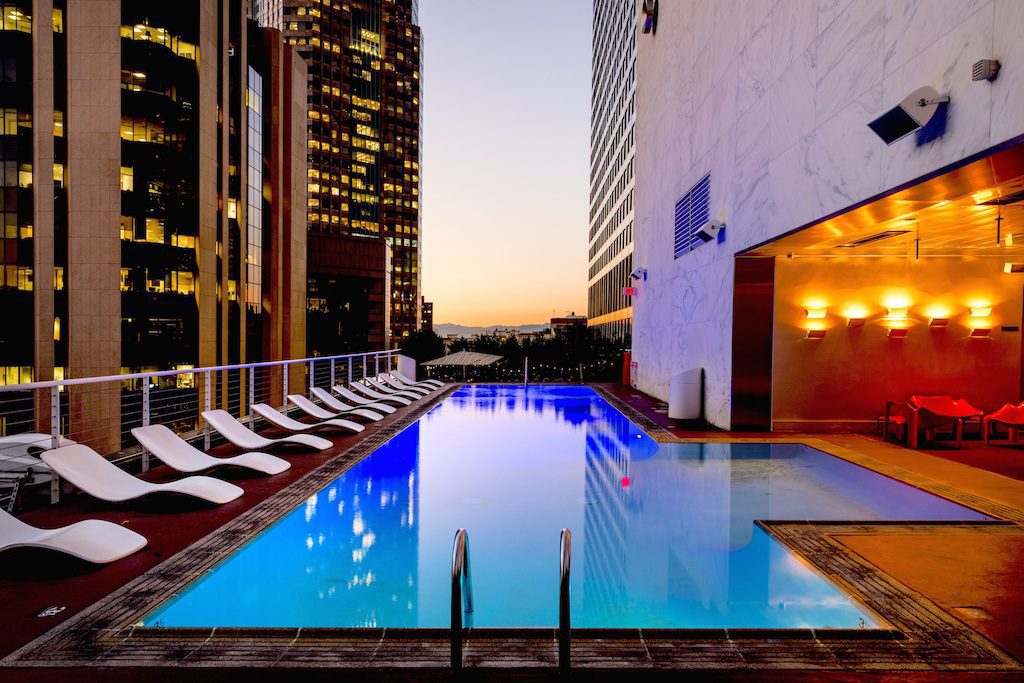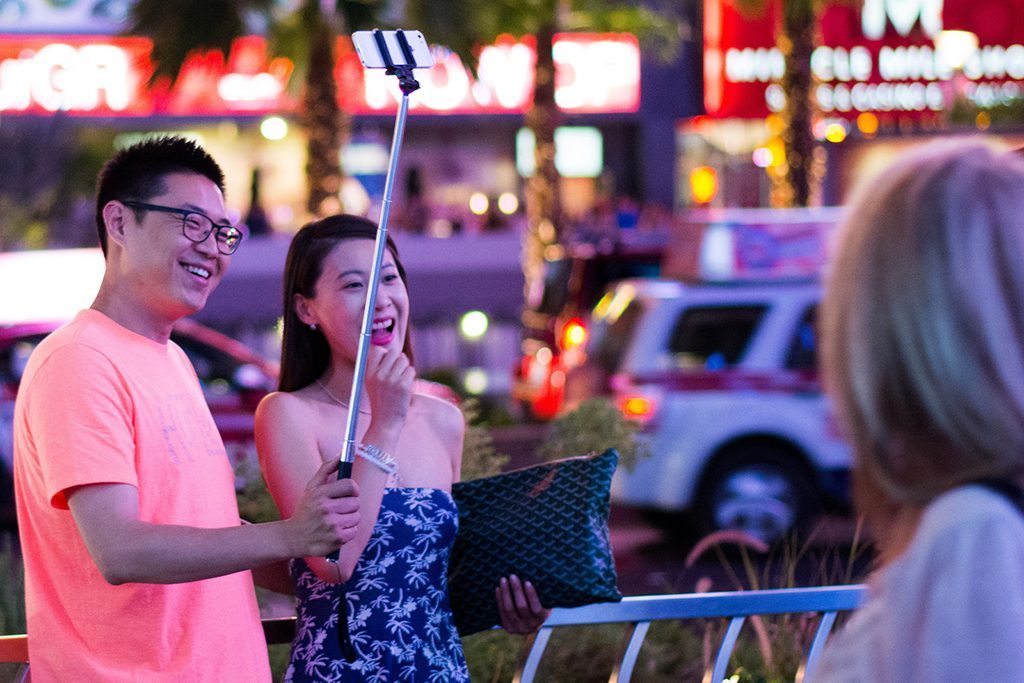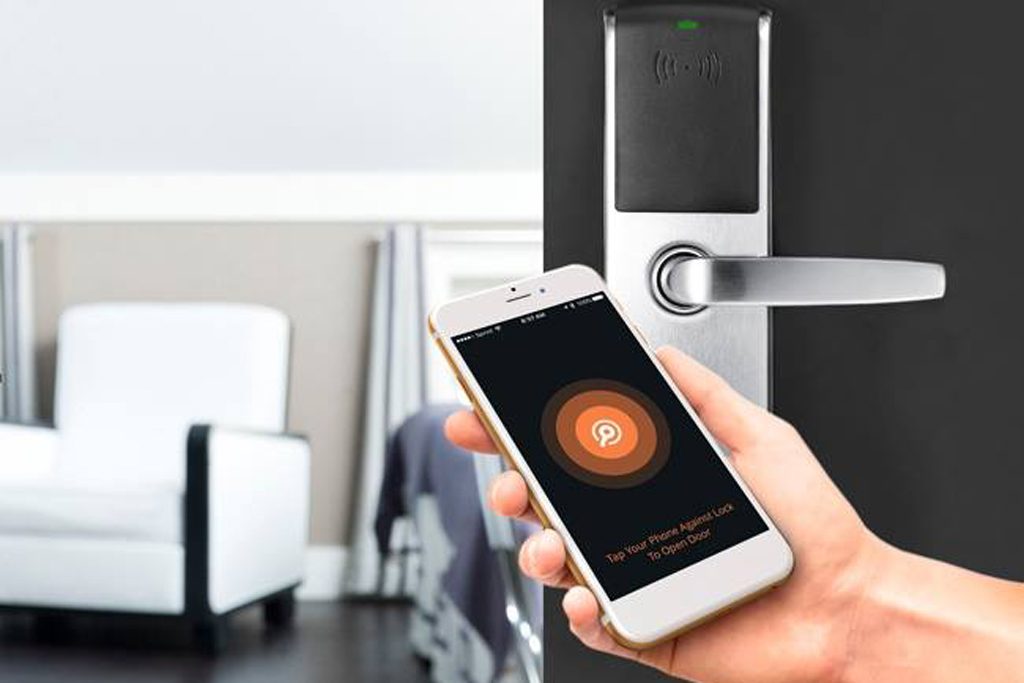The travel industry’s obsession with big-spending Chinese millennials continues unabated. We reviewed a new study on the habits of three main subsets of this target customer: adventurous influencers, the culturally curious, and followers of fashion. But are their desires really so different from non-Chinese millennial travelers? Are we hypnotized by this group's size as well as its newness to the middle class and disposable income?
Although there would be diverse habits among millennials, we’re willing to bet that travelers in their 30s and younger of any nationality would enjoy certain minor luxuries, like using their phones to unlock hotel rooms, set up a Do Not Disturb sign, request housekeeping, and otherwise personalize their experiences. Those perks should become standard at some point, regardless of whether the hotel room qualifies as traditional luxury or the more subtle, less-opulent lean luxury. — Sarah Enelow |










